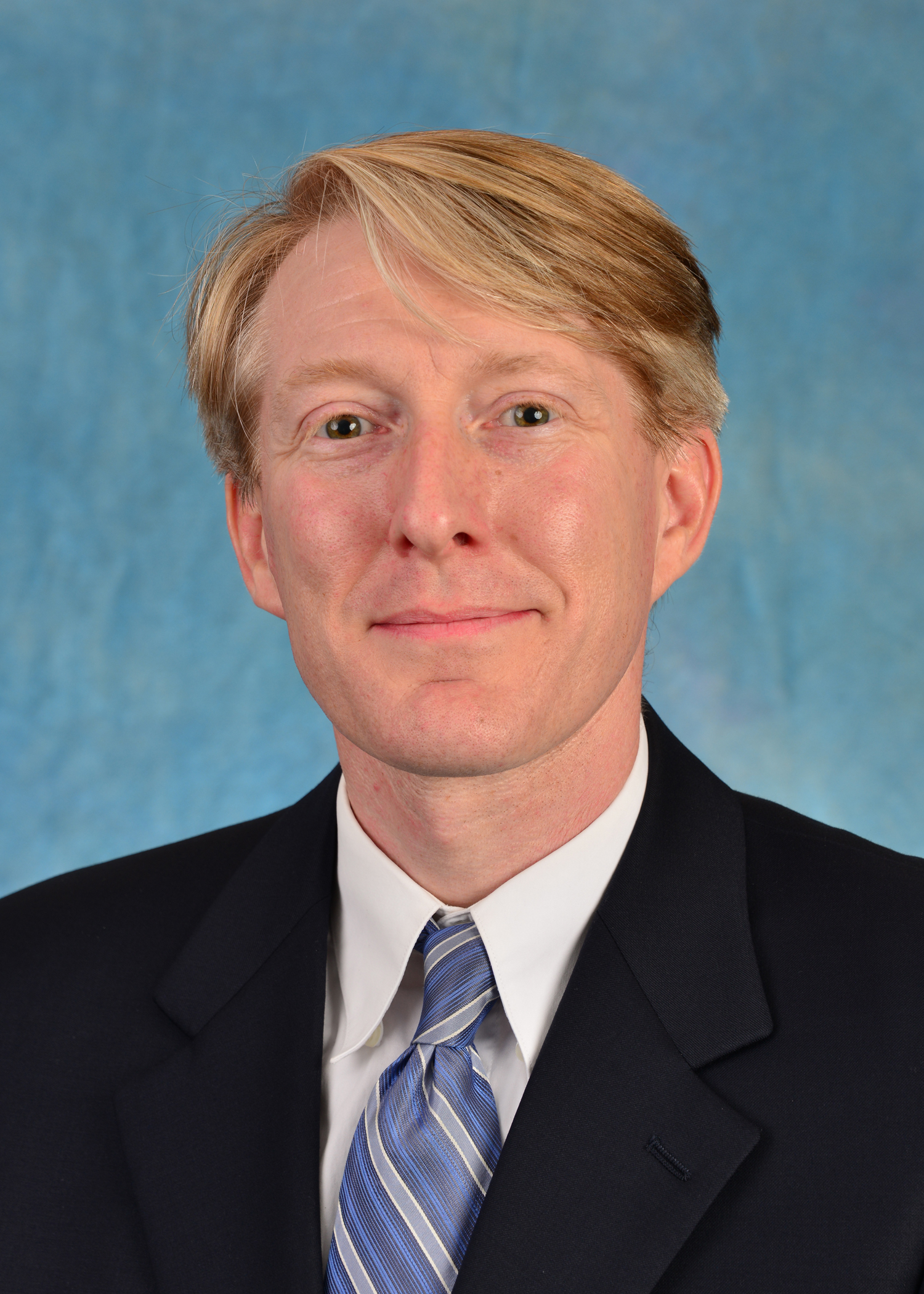Paul M. Armistead MD, PhD
Associate Professor of Medicine
John William Pope Distinguished Professor of Medicine
Associate Chief of Hematology, Basic and Translational Research
Medical Director, Advanced Cellular Therapeutics Facility
Director, Bone Marrow Transplant Program
Areas of Interest
Bone marrow and stem cell transplantation; Hematologic malignancies; Cancer immunotherapy; Cancer antigen discovery.
About
Paul Armistead MD, PhD, is a physician scientist and a member of the UNC Program in Bone Marrow Transplant and Cellular Therapy. He has a clinical interest in the application of stem cell transplantation and other cellular therapies in the treatment of hematologic malignancies including leukemia, lymphoma and multiple myeloma, with a primary focus on acute myeloid leukemia (AML). His clinical research involves the evaluation of novel immunotherapies in the treatment of hematologic malignancies and the development of methods for the detection of minimal residual disease in AML patients
Dr. Armistead’s laboratory interests are primarily in the area of cancer antigen discovery and the development of immunotherapeutics targeting these antigens. His research group has identified multiple leukemia antigens. In collaboration with other researchers at UNC, immunotherapeutics, both cellular therapies and vaccines, are being developed against two of the most promising targets. Continuing research focuses involve expanding the number of discovered antigens to enable the development of therapeutics that can treat increasing numbers of patients.
-
Undergraduate
University of North Carolina at Chapel Hill
-
Medical School
University of North Carolina at Chapel Hill
-
Doctor Of Philosophy In Chemistry
University of North Carolina at Chapel Hill
-
Residency
Brigham and Women’s Hospital
-
Fellowship
M.D. Anderson Cancer Center

